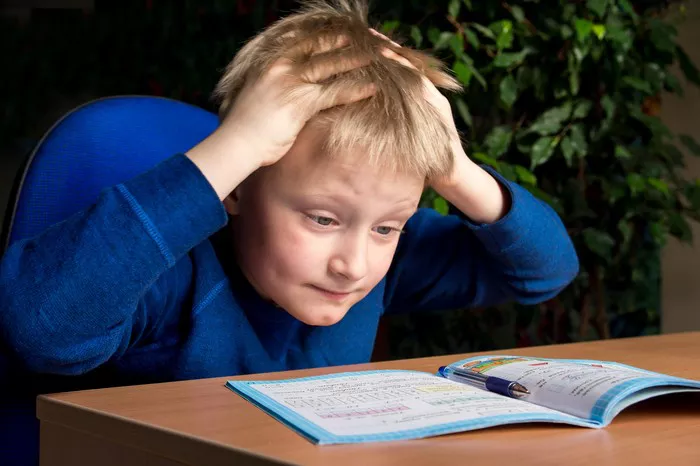SAN DIEGO, CA — When four-year-old Elijah was asked to tear up his drawing of a penguin—his favorite animal—during a preschool activity designed to help children manage discomfort, the result was anything but calming.
“He freaked out,” recalled Janet Walton, Elijah’s mother. “He was not having it.”
While the exercise was difficult for many young children, Elijah’s emotional response was intense. After a particularly disruptive tantrum at his public preschool in the La Mesa–Spring Valley School District, district mental health professionals referred Walton to the Parent Empowerment Program (PEP), a no-cost initiative aimed at supporting young children and their caregivers in managing behavioral and emotional challenges.
Programs like PEP have become vital for families navigating early signs of mental health issues in children. Elijah, now five, was later diagnosed with oppositional defiant disorder—a condition marked by persistent patterns of anger and defiance. Another child, four-year-old Bertie, who is on the autism spectrum, also participates in the program to help address social difficulties and limited verbal communication.
However, initiatives like PEP are now in danger.
Earlier this month, the Trump administration signed an executive order rescinding approximately $1 billion in federal funding designated for mental health support in schools, universities, and educational agencies. According to the U.S. Department of Education, the funding was withdrawn due to its emphasis on enhancing diversity within the mental health workforce.
“This decision has knocked the wind out of us,” said Deann Ragsdale, deputy superintendent of educational services at La Mesa–Spring Valley. “We are talking about critical services for kids.”
Funding Rooted in Bipartisan Effort
The terminated funds stemmed largely from the Bipartisan Safer Communities Act of 2022, legislation passed following the devastating school shooting in Uvalde, Texas, that claimed the lives of 19 students and two teachers. The act aimed to confront the escalating youth mental health crisis, which many experts link to prolonged pandemic isolation and overexposure to digital technology.
Recent statistics have underscored the gravity of the issue. A national survey revealed that over 50% of teenage girls and a third of teenage boys experience persistent feelings of sadness and hopelessness.
Dr. Prerna Arora, a psychologist at Columbia University, emphasized the long-term risks of untreated mental health conditions in youth, which can result in chronic emotional distress, academic disengagement, and reduced job prospects in adulthood.
“When we provide mental health services in schools, we can reach children early, when interventions are most effective,” she said.
Ragsdale added that a single struggling student can significantly impact the classroom environment, disrupting learning for all.
A Widespread Setback for Mental Health Services
The executive order halts both existing and prospective mental health grants, which had been used by school districts to recruit, retain, and train school-based mental health professionals.
Nationally, schools fall far short of recommended staffing levels. The National Association of School Psychologists recommends one school psychologist for every 500 students and one social worker for every 250 students. However, during the 2023–2024 academic year, the average school psychologist served 1,065 students—more than double the advised ratio.
These workforce shortages led districts to use federal grants to invest in long-term solutions. In Rochester, Minnesota, for example, the local school district received $228,500 in December 2022. The funds were used to subsidize mental health degree programs for existing staff members, thereby creating a sustainable pipeline of qualified providers.
“Increasing staffing in this way will move the district closer to the professional recommendation of 250:1,” a district official noted.
Uncertain Future for School-Based Care
With the grants set to expire by December and many programs potentially cut off midstream, school officials and mental health advocates are warning of severe consequences.
Without federal support, vulnerable children may lose access to services that can prevent more severe issues later in life. For children like Elijah and Bertie, early intervention can mean the difference between thriving in a classroom and falling through the cracks.
“We’re not just talking about numbers,” said Ragsdale. “We’re talking about kids.”


